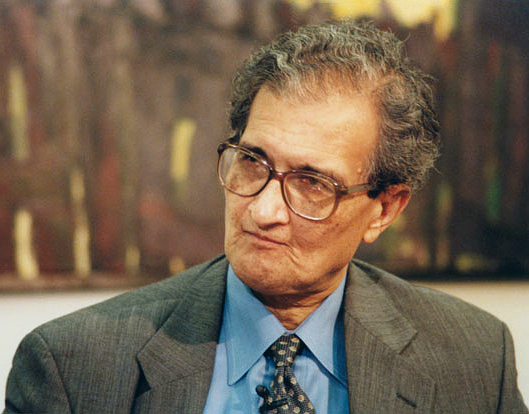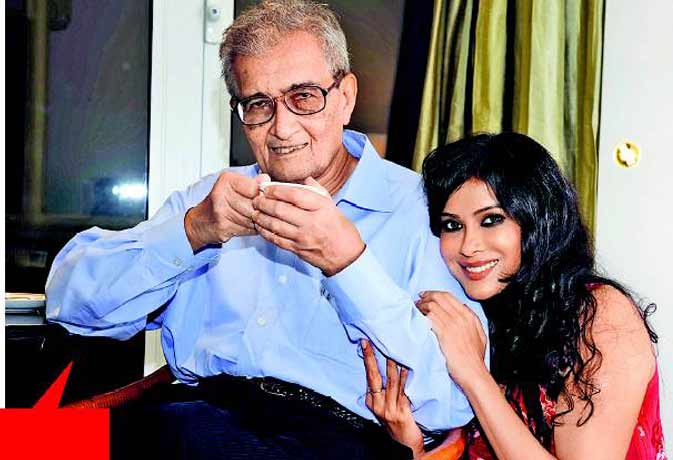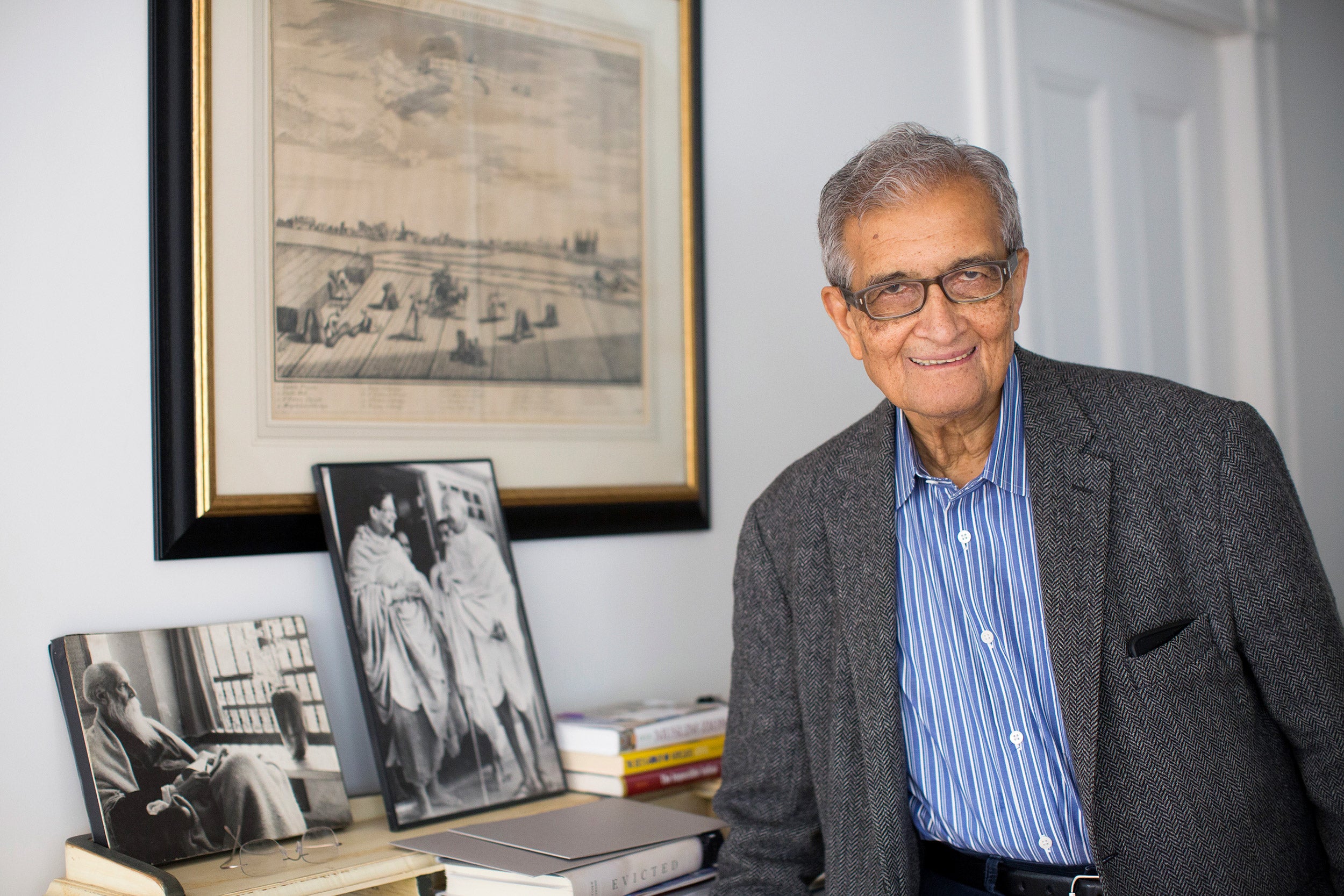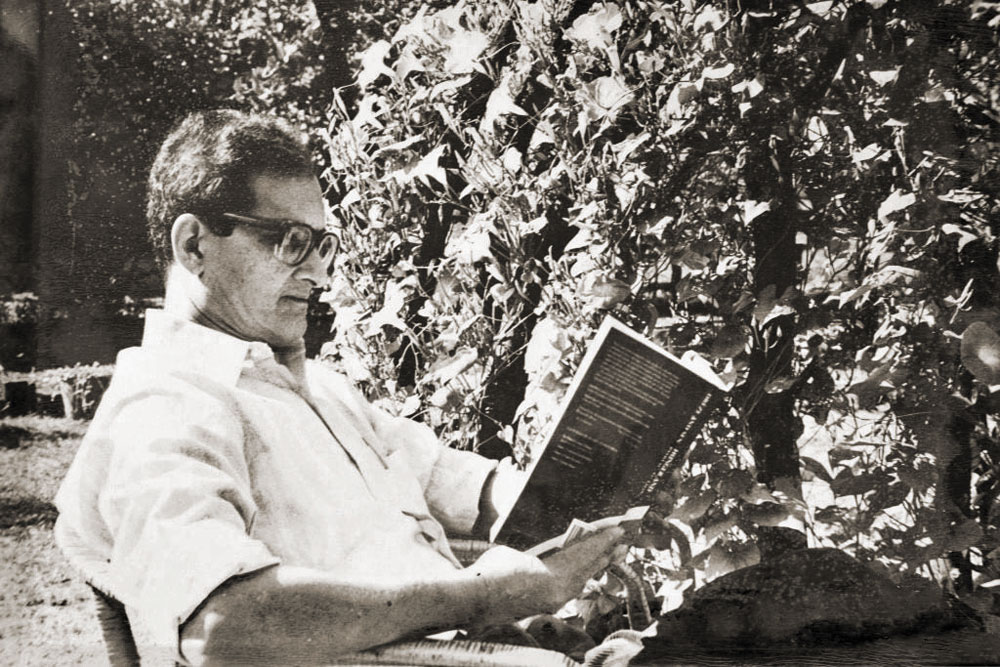Amartya Sen, an Indian economist, philosopher, and Nobel Prize laureate has made a lasting impact on the economic state of the world. He made several contributions to welfare economics and economic theories regarding famines. He developed his drive to end world hunger when he met a man who had been starving for 40 days at the age of nine.

source: wikipedia
Here are 10 riveting facts about him:
- He was born and raised on a university campus
He was born and raised in the Visva-Bharati campus, although, his native place is in Santiniketan, West Bengal

source: India Today
- Sen was named by Rabindranath Tagore.
His mother Amita Sen father Kshiti Mohan Sen, was a prominent Sanskritist and scholar and a close associate of Rabindranath Tagore. Amita was a writer who took part in the dance drama productions of Tagore. On her request, Tagore christened the boy.

source: Medium
- He was diagnosed with oral cancer at the age of 18.
Doctors said that he only had a 15% chance of surviving, but High doses of radiation at a hospital in Kolkata saved his life.

source: prospect magazine
- He worked on the United Nations Human Development Index (HDI).
HDI is used to assess a country’s development and is considered the most trusted composite in measuring countries’ economic growth over the years.

source: inextilve
- Amartya Sen is an honorary citizen of Bangladesh and an atheist.

source: Harvard Gazette
- His ex-wife Nabaneeta Dev described him as :
“a good economist but a bad money manager” and “a clumsy father until the children grew old enough to be his students.”

source: DESIblitz
- Awards:
He received a Nobel Prize in Economics in the year 1998, Bharat Ratna in 1999 and the first non-American to win a National Humanities medal in 2012.

source: Open The Magazine
- He is included in the list of Time Magazine’s 100 most influential persons in the world.

source: Mint
- Prefers using female pronouns.
Sen is also conscious of gender inequality. In his work, while writing about any abstract person, he ensures he uses feminine pronouns like ‘she’ and ‘her’ instead of ‘he’ and ‘him’.



















































































